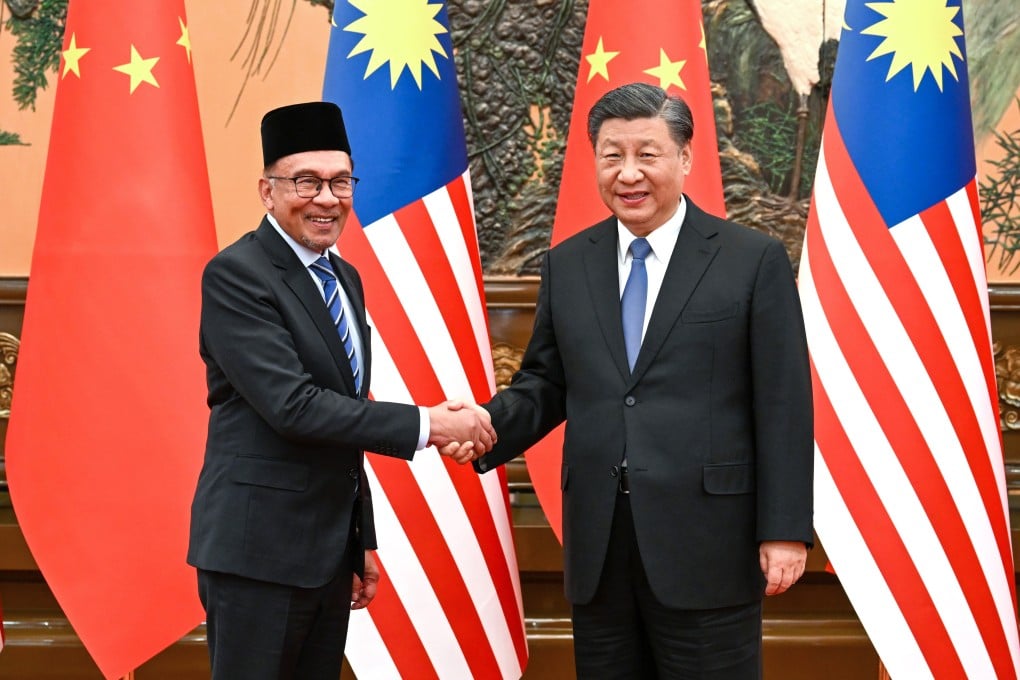As China’s influence grows, Malaysia’s wounds over 1969 race riots are slow to heal
- The deadly riots were triggered by infighting between Malay and Malaysian Chinese political parties over a divisive election
- China’s growing trade with Malaysia has fuelled suspicions among Malay nationalists about resurgent Chinese identity in the Southeast Asian nation

The violence on May 13, 1969, was triggered by infighting between Malay and Malaysian Chinese political parties over a divisive election. Neighbours attacked each other, leading to 196 deaths in Kuala Lumpur – though unofficial sources have put the figure much higher.
Secrecy and misinformation about how the incident unfolded continue to stifle frank discussions surrounding one of the darkest chapters in Malaysia’s history. Competing versions events float around – some blaming Malays and others ethnic Chinese, with both sides claiming to be the bigger victims, leaving the nation to reopen old wounds whenever it is mentioned.
“Everyone [is] just going about their business, but beneath the everyday hum of activity is a problem that we still have not dealt with,” said amateur historian and researcher Ashaari Azman Shah.
For Ashaari, May 13 is deeply personal: it started at the house of his grandfather Harun Idris, a former chief minister of Selangor state, where Kuala Lumpur is located. His grandfather’s name has been tied to the incident ever since.
Congregating at Harun’s house following a disputed election result, a crowd clashed with supporters of Chinese parties during a victory parade in a Malay-majority village, sparking a wave of violence that ripped across the nation.
Now, framed by a gleaming modern city skyline dominated by the Petronas Twin Towers, Kampung Baru stands as a symbolic reminder of the risks that could unravel Malaysia’s multicultural society.